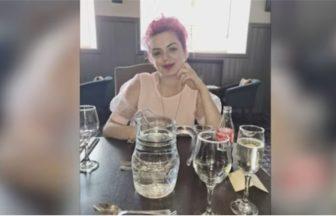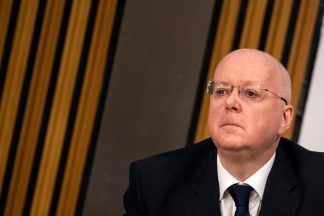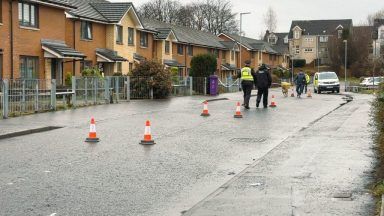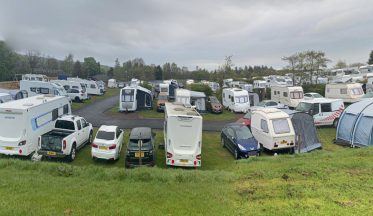A former health board chief executive has said she “absolutely” did not urge a senior doctor to avoid escalating her whistleblowing concerns about infection risks at a flagship hospital.
Jane Grant also said she was “shocked” to read a report of potential problems with the water system at the Queen Elizabeth University Hospital in Glasgow.
Ms Grant, who led NHS Greater Glasgow and Clyde between 2017 and 2024, gave evidence to the Scottish Hospitals Inquiry on Tuesday.
The inquiry has been examining the design and construction of the Queen Elizabeth University Hospital (QEUH) in Glasgow and the Royal Hospital for Children, which are on the same campus.
It was launched in the wake of deaths linked to infections, including that of 10-year-old Milly Main.
Remedial work to improve the facilities, including on a children’s cancer ward, cost millions.
Inquiry Counsel Fred Mackintosh KC asked Ms Grant about previous statements from former clinical director Dr Penelope Redding.
Dr Redding had told the inquiry that she was “urged not to whistleblow” on her infection risk concerns by Ms Grant.
Mr Mackintosh asked the former chief executive if she had affectively done so by urging Ms Grant to work with another colleague on the issue rather than proceed to a stage two whistleblowing report.
Ms Grant said: “No, absolutely not.
“That sentence was not about urging her not to do whistleblowing. If so I would have said that.
“It was more about trying to work collectively with those colleagues to make sure we get a solution.”
Dr Redding also told the inquiry that she and other whistleblowers were treated as “troublemakers” by the health board.
Responding to this, Ms Grant said: “It’s unfortunate that she felt that way. But certainly we were trying to take on board her concerns as part of that whole process.”
Mr Mackintosh went on to ask Ms Grant about concerns with the water system at the QEUH.
There was increased scrutiny of the hospital’s facilities following April 2018, when there was an infection outbreak in the children’s cancer wards.
In 2015 and 2017, experts DMA Canyon produced reports which outlined concerns with the hospital’s water system, but these were only seen by senior managers at the health board in 2018.
Mr Mackintosh asked Ms Grant about her reaction to the report when she first learned of these reports.
She said: “I was quite shocked, is probably the word.
“And anxious that those things were in the reports and they hadn’t been addressed.”
Earlier on Tuesday, Ms Grant told the inquiry it was “very difficult” to identify paperwork around a key decision on ventilation at the flagship hospital in Glasgow.
The inquiry, being held before Lord Brodie in Edinburgh, continues.
Following Tuesday’s evidence, Scottish Labour’s health spokeswoman Dame Jackie Baillie said: “The former leadership of NHS Greater Glasgow and Clyde has opted for secrecy and cover-up at every point in this scandal and today was no exception.
“The loss of documents relating to the deadly mistakes made at the QEUH is at best reckless incompetence, and we still have no answers on why whistleblowers were silenced.
“Patients and families deserve to know the truth about how things went so tragically wrong here – we need total transparency from the health board and the SNP government from now on.”
Follow STV News on WhatsApp
Scan the QR code on your mobile device for all the latest news from around the country


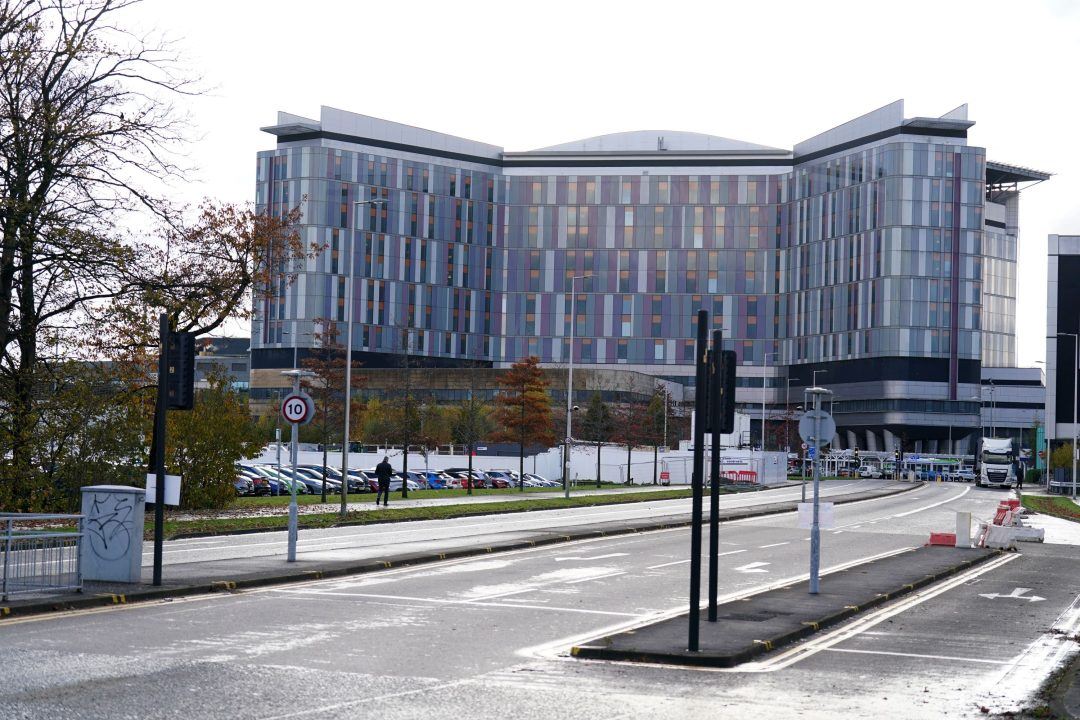 PA Media
PA Media

